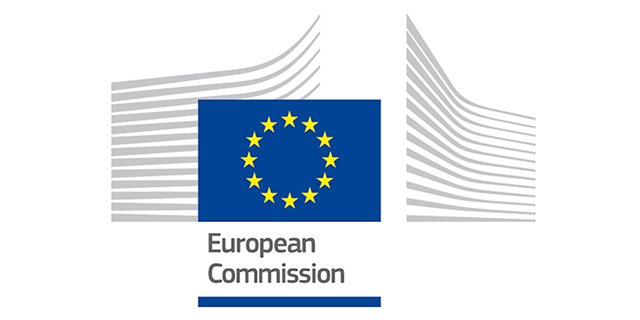VMU to Work on EU Project on Gender Equality in Academia and Science

On 23 January, international scientific project SPEAR, which focuses on gender equality in the academic and scientific community, will be launched in Odense, Denmark. The project, funded by the EU‘s Horizon 2020 Science with and for Society (SwafS) programme, involves 11 partners from 9 European countries, including Vytautas Magnus University (Lithuania). The project’s coordinator at VMU is Prof. Natalija Mažeikienė from the Dept. of Social Work.
The project, entitled Supporting and Implementing Plans for Gender Equality in Academia and Research (SPEAR), will run for 4 years, from January 2019 till December 2022. With a total budget of €3 million SPEAR is coordinated by Eva Sophia Myers and Liv Baisner (University of Southern Denmark) as principal investigator.
“Despite numerous EU-wide projects aimed at improving gender equality (GE) in academia, challenges persist, and GE practitioners and change agents experience fatigue and lack of support structures. SPEAR will initiate institutional change in nine European research performing organizations (RPOs) by implementing gender equality plans”, the project’s authors explain.
Aims, activities and expected impacts
SPEAR will focus on supporting implementation of gender equality plans (GEPs) in European universities in accordance with the European Institute for Gender Equality (EIGE)’s toolkit GEAR.
The project will establish communities of learning where supporting partners facilitate sessions as all project partners start to identify both shared and different needs for action in the various institutions. In tandem, SPEAR also establishes communities of practice where focus is on sharing practical experiences and transforming learning points into action and practice as the institutions start their GEP work.
SPEAR thus offers supportive structures through its interconnected Community of Learning (CoL) and Community of Practice (CoP). CoL will provide learning platforms while CoP provides an arena for experience exchanges. Both are crucial to successful and sustainable implementation of gender equality plans (GEPs), a key instrument to improving GE.
SPEAR’s central objective is to support and implement GEPs based on a step-by-step guide to GEP implementation devised by the European Institute for Gender Equality. SPEAR employs this guide with a unique methodological path committed to creative, open, mitigating, processual, accountable, SMART and sustainable changes (SPEAR’s COMPASS).
Integral to SPEAR’s project design is an enhanced impartial evaluation scheme to boost the feedback and learning of participants throughout the project. SPEAR also employs strategic dissemination to boost its central sustainability commitment during and after SPEAR.
SPEAR aims to foster sustainability in GE-practices in academia through a range of measures and outcomes, including ties to other EU-based GE projects, network and community building within and beyond SPEAR, and formulation of practicable policy recommendations.
Expected impacts include:
- Increased numbers of RPOs and HEIs implementing gender equality plans
- Increased participation of women in R&I and improvement of their careers prospects
- Improved gender balance in decision-making bodies in research organizations; and
- Strengthened gender dimension in research content
The consortium
The SPEAR consortium comprises 11 partners from 9 European countries: University of Southern Denmark (Denmark), Uppsala University (Sweden), RWTH Aachen University (Germany), Europa Media Non-profit Ltd. (Hungary), Joanneum Research Forschungsgesellschaft mbH (Austria), South-West University (Bulgaria), University of Plovdiv (Bulgaria), Vilnius University (Lithuania), Vytautas Magnus University (Lithuania), Universidade Nova de Lisboa (Portugal) and University of Rijeka (Croatia). An advisory group representing key GE-stakeholders is affiliated.














